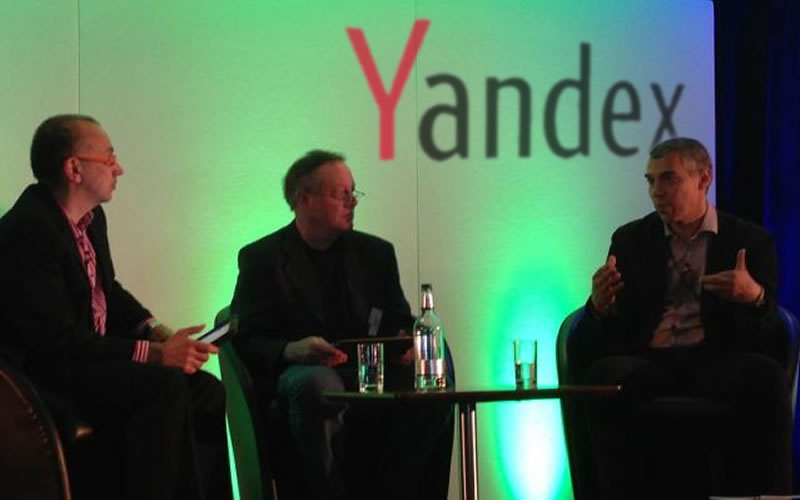I would hazard a guess that at least 99% of people reading this post will have a LinkedIn profile, and I would put money on the likelihood that your connections will not be limited to people in your own organisation, your own city or even your own country.
With over 90 million users across 200 countries, LinkedIn has not only become an integral part of working life, but also a huge opportunity for marketers to reach a relevant, targeted audience anywhere in the world.
Here, we talk to Konstantin Guericke, one of LinkedIn’s Co-Founders to ask him how the business network became an international success and how organisations can leverage its global reach.
Konstantin, LinkedIn has transcended language/culture and become a truly global network – how has it achieved that, and what has made it so successful?
We have done some things in the product that go above and beyond typical localisation, but it is also a testament to the fact that world is flat. More and more professionals have international business contacts, so as they connect their network into LinkedIn to access people and information more effectively, they automatically spread and strengthen LinkedIn in countries across the globe.
Our global leadership role is also a result of that fact that trust and relationships are key for effective business across cultures. I think in many places, trust is even more important than in the US: Middle East, Japan, China, etc…
When you first started in 2003, did you ever envisage it being such a success?
We consciously worked on a very large opportunity and sought the right investment partners to support us in that, but we were also acutely aware of at least half a dozen major reasons why LinkedIn might never take off.
As VP of Marketing, you played a major role in the international growth of LinkedIn. What were the major challenges you faced?
As we spent no money on advertising, our focus was on supporting our members as they spread the word, helping our users get the most out of LinkedIn and PR. One of the challenges we faced was that we were quickly copied in other countries, did not have localised versions right away and it took time for us to build up the network in other countries. So, local competitors thrived for a while, but because the world is so interconnected, there is a huge incentive for professionals to have access to investors, experts, partners, etc. outside of their home country.
LinkedIn’s huge membership level, along with its global reach makes it an appealing channel for marketers targeting a global audience. How can organisations use it effectively as a marketing tool?
For global reach, I would highlight advertising, polls, groups and company pages. These four work best if used in a coordinated fashion and integrated into your website and other online marketing programs. All except advertising are free, and companies can get going with advertising via DirectAds for as little as $10 per day. For groups, for example, you can set up sub-groups in languages other than English, where people can provide feedback on your product and initiatives or discuss a topic related to your market.
For B2B segments with high average selling prices, targeted searches are usually the best way to identify the most promising customers and partners, and while InMail is an excellent option, in many cases it is hard to beat getting a warm introduction from someone your prospect already knows and trusts.
Finally, why should people attend the International Search Summit?
Having lived, worked and studied not only in the US, but also in Europe and Asia, I think it is important to remember that most significant corporations derive over 50% of their revenue from outside of the US. Companies succeed when they adapt not only to the local culture, but also market conditions. It is a challenge to be global and local at the same time, but there are many examples of how US companies have succeeded, so you can learn a lot from both failures and successes.
Konstantin will be speaking at the International Search Summit in San Jose on 11 March. The Summit is a one-day event, being held alongside SMX West. Early Bird registration is still open.
Gemma Houghton
Latest posts by Gemma Houghton (see all)
- Watch the recording: How to identify and seize growth opportunities in international markets - April 20, 2022
- International marketing recruitment: How to drive global growth amid The Great Resignation - February 23, 2022
- 5 trends to include in your 2022 international digital marketing strategy - December 21, 2021








